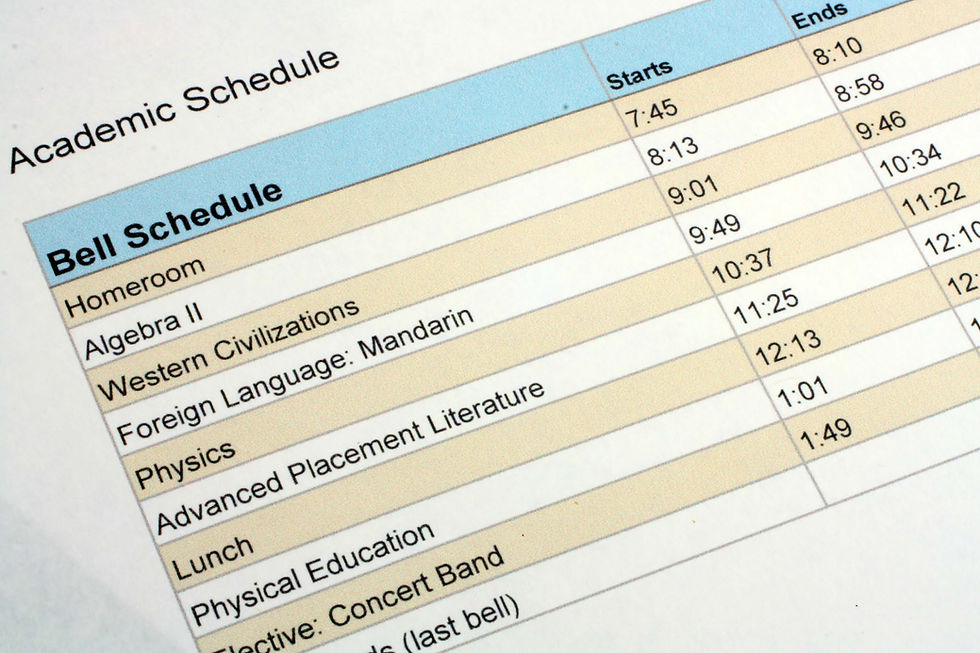Class of 2027 - Let's get this party started
- betsygreaney

- Sep 9, 2023
- 2 min read
Updated: Jul 13, 2025

It is a long runway until May of Senior year so let's avoid college-talk burnout. However, below are some relevant topics to get your Junior thinking.
click the arrow to reveal answers
What should I know about the PSAT?
Juniors will take this practice test in October. Some schools automatically register their students for the Junior PSAT. Other schools do not, and the student has to request to take it from their guidance counselor. Be sure to know your school's policy. The College Board asks schools to order tests by mid-September, so get in front of your counselor and ask.
Why should I care about taking a practice test seriously?
Depending on your timeline, the PSAT provides different benefits to students-
Early Timeline SAT students - For students who have begun preparing for fall tests, and are achieving high practice test scores, the Junior year PSAT score is the National Merit Scholarship and National Recognition Qualifying test score. Standard Timeline SAT students - Understanding a baseline score now will put you ahead of the curve for setting expectations and Spring test preparation. Sometimes students, in retrospect, realize they did not give their best effort, and then take another practice test to get a baseline score.
Learning to calculate an academic GPA and setting Junior year goals
Students are frequently surprised when they discover many early applications will not include Senior year grades, and the Junior year transcript is the final review of their academic profile. Understanding the power of course rigor and how to calculate an academic GPA now will give purpose to goal-setting. The transcript GPA can be diluted with non-academic courses, so be sure to recalculate based on academic courses only.
Learn to keep a calendar.
Successful students keep calendars. Teaching a student how to use an iCal feed so that their academics, athletics, activities, and college planning all feed into a central calendar is a life skill with a lasting impact.
Resumes are living, breathing documents.
Creating a resume is an introspective exercise. Cataloging academics, awards, activities, and paid employment can be an "aha" moment for students. Resumes are not just for college applications, but also for National Honor Society applications, selective pre-college summer programs, employment, and recommendation letter requests.
Learn to research
Campus visits before research can be a waste of time. Teaching students how to use resources, make pros and cons lists, and understand the family budget before investing resources to visit a school is responsible college planning. We love this free tool to help students understand their college preferences.




Comments